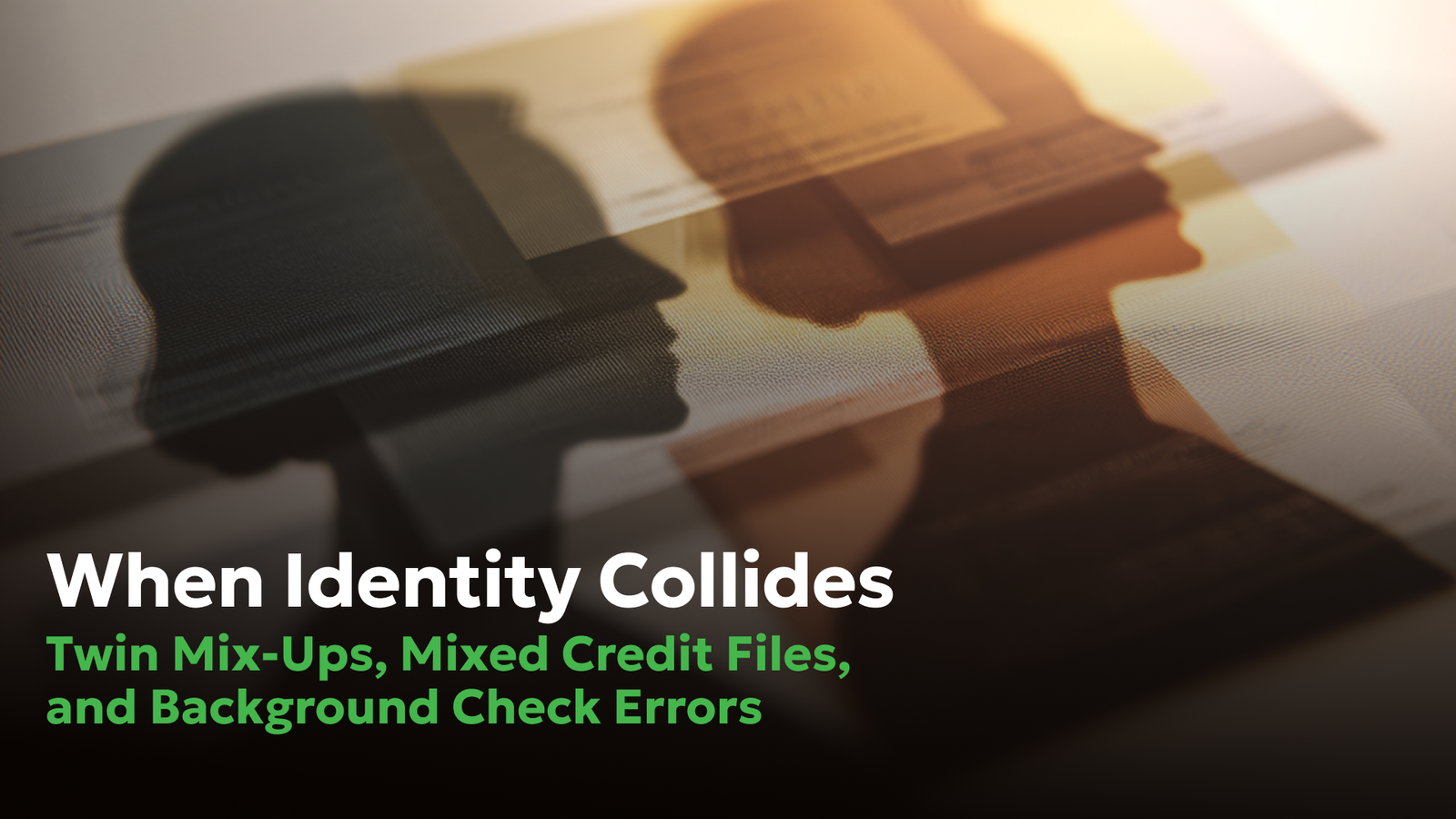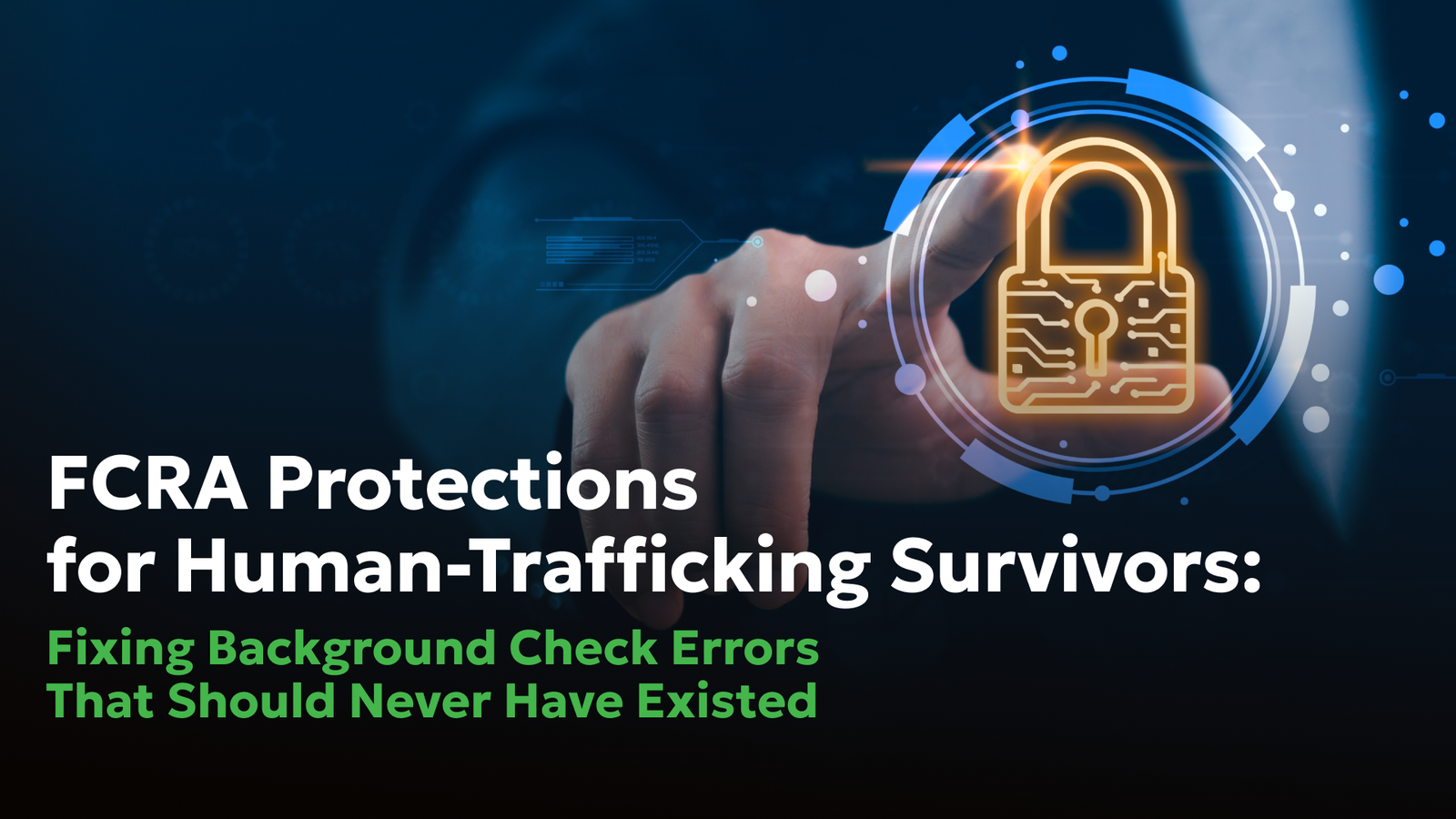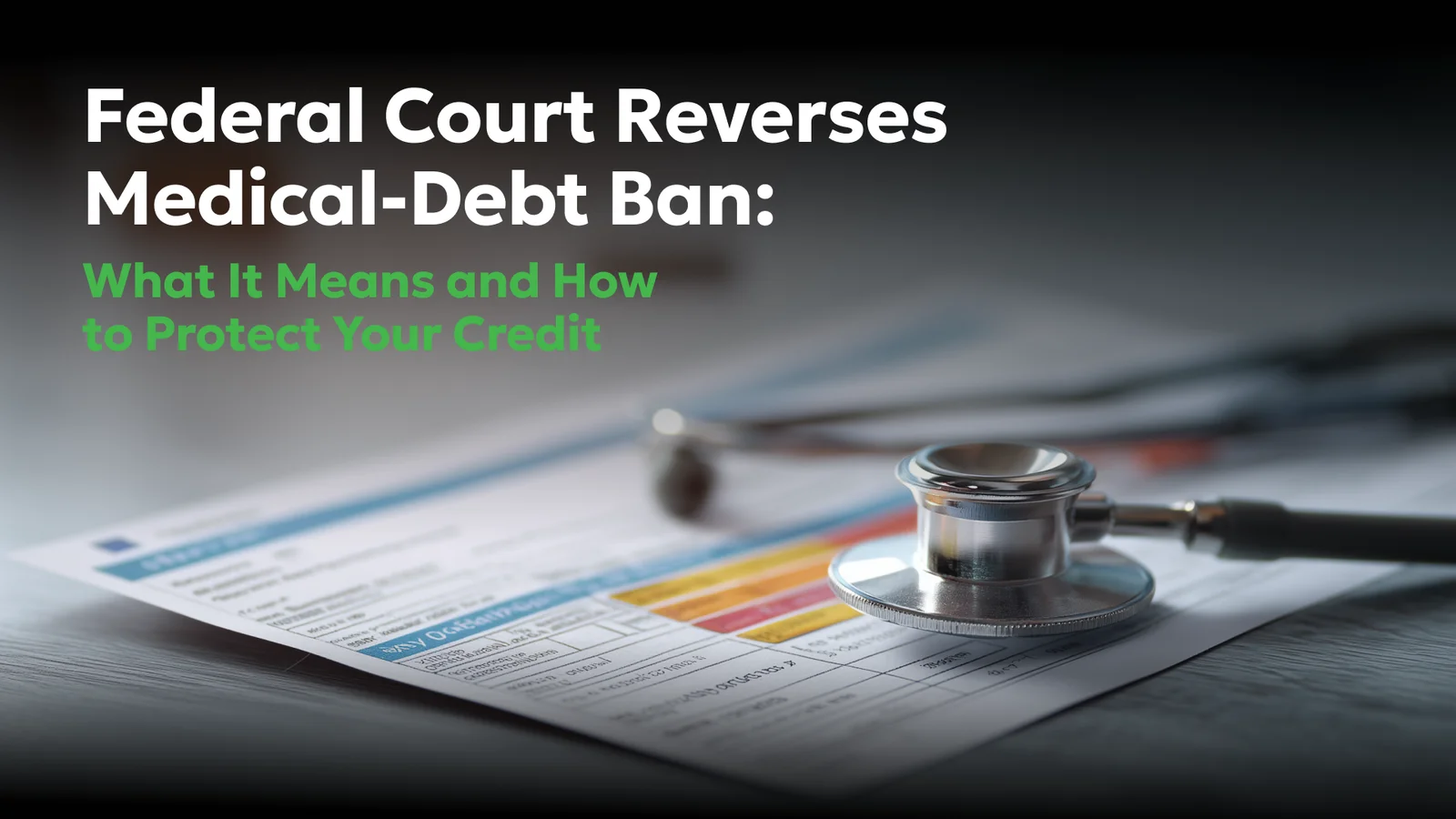How long does bankruptcy stay on your credit report
- Blog
- Credit Reporting Inaccuracies
How long does bankruptcy stay on your credit report

Types of bankruptcy and how they affect your financial life.
Unveil the various types of bankruptcy and their profound impacts on personal finances. This guide will shed light on how they can redefine your financial scenario and your life.
Bankruptcy is not a word most people want to think about, and who could blame them? The word implies that something has gone horribly wrong and financial and personal woe await any who are unlucky enough to have to declare themselves unable to repay debts. However, many things can lead good and responsible people to fall into financial ruin, frequently due to no fault of their own. Perhaps they’ve gotten behind on their taxes, have been exposed to excessive risk due to investments, or been forced to go beyond their credit resources to pay bills; it can happen to almost anyone, even people who are very wealthy. The public shame is nothing compared to the personal grief thousands of people have to endure every year.
Bankruptcy is a legal process in which individuals or businesses who are unable to pay off their debts seek relief from their creditors. It involves the court's intervention in the debtor's financial affairs to provide a fresh start or an orderly way to repay debts according to an established timeline. While it can stop collections and protect your home and other personal assets, it can come with quite a cost in terms of your credit rating. When your credit score falls, it can be much more difficult to get loans, insurance, home rentals, and unsecured credit cards. In this article, we will discuss the different kinds of bankruptcy, how long they last, how they affect your credit score and credit history, how to dispute and/or ultimately remove them, and how to get your financial life back on track afterwards.
Types of Bankruptcies
There are many types and categories of bankruptcies, but for the most part only 3 are very common, and those are the ones we’ll be covering here:
Chapter 7
Chapter 7 bankruptcy is the most common type of bankruptcy filed by individuals. It is also known as liquidation bankruptcy as it involves the liquidation of assets to pay off creditors. In this process, the court-appointed trustee sells the debtor's non-exempt assets to pay off the creditors. However, some assets are exempt from liquidation, such as the debtor's primary residence and personal property.
Chapter 13
Chapter 13 bankruptcy is also known as reorganization bankruptcy as it allows individuals with a regular income to reorganize their debts and pay them off over a period of 3-5 years. In this process, the debtor proposes a repayment plan that is approved by the court. The debtor's assets are not liquidated, but the debtor is required to use their income to pay off the creditors.
As you can see, there are different kinds of bankruptcy, and each has its own requirements, consequences, and benefits. If you are considering bankruptcy, it is essential to consult with a qualified bankruptcy attorney to understand your options and make an informed decision. First, however, let’s get up to speed on how bankruptcy works.
How Long Does A Bankruptcy Stay on Your Credit Report?
Bankruptcies have the ability to have a devastating impact on your credit score. Its specific impact will depend on various factors including your current score, bankruptcy type chosen, and total debt burden. Chapter 7 and chapter 11 bankruptcies typically leave their marks for 10 years from the filing date; Chapter 13 bankruptcy typically has a 7-year impact period where your score may continue to be negatively affected.
Note that bankruptcy does not immediately preclude you from accessing credit again in the future. Though approval rates for loans and credit cards may be harder, as well as less favorable terms (e.g. higher interest rates), with time and responsible use your score will recover.
How will Bankruptcy Affect My Credit Score and Financial Life?
Bankruptcy has significant implications on one's credit score and financial life, which varies based on the type of bankruptcy filed. It has an enormously negative effect on both your credit score and report. Filing can lower your FICO score by 200 or more points depending on your current score; furthermore, filing will appear on credit reports, potentially making future credit or loan applications harder to secure.
Chapter 7 Bankruptcy
Filing for Chapter 7 bankruptcy has a significant impact on one's credit score. The bankruptcy will remain on the individual's credit report for ten years. This will make it difficult to obtain credit, and if approved, the individual will likely be subject to high-interest rates. The credit score will also decrease significantly, which can result in higher insurance premiums and difficulty finding housing or employment.
The individual's financial life will also be affected in various ways. One of the most significant effects is the loss of assets. In Chapter 7 bankruptcy, assets such as homes and cars may be sold to pay off creditors. This means the individual may lose their home and car and need to find new housing and transportation. The bankruptcy may also affect the individual's ability to obtain certain types of jobs or professional licenses, such as those in finance or law.
Chapter 13 Bankruptcy
Chapter 13 bankruptcy is also known as "reorganization bankruptcy." It is a type of bankruptcy that allows individuals to keep their assets and repay creditors over time, usually 3-5 years. Filing for Chapter 13 bankruptcy has a less severe impact on one's credit score compared to Chapter 7 bankruptcy. The bankruptcy will remain on the individual's credit report for seven years. However, the individual may be able to obtain credit during the repayment period, although it may be subject to higher interest rates.
The individual's financial life may be less affected in Chapter 13 bankruptcy compared to Chapter 7 bankruptcy. The individual may keep their assets, including their home and car, as long as they continue to make payments on their debt. The individual may also be able to keep their professional license and obtain certain types of jobs. However, the individual must continue to make payments on their debt for several years, which may impact their ability to save for retirement or other long-term financial goals.
The Reporting Period
Under the Fair Credit Reporting Act (FCRA), the reporting period starts on the filing date, not the discharge date, and it means that the bankruptcy filing will remain on the credit report for the specified period (seven or ten years), even if the debts have been discharged earlier. After the reporting period ends, the bankruptcy filing will automatically be removed from the credit report.
How Are FICO Scores Calculated?
FICO and other third-party algorithms use variables or “attributes” derived from a consumer’s consumer report to calculate a “credit score,” which is a direct reflection of the consumer’s creditworthiness.
FICO Scores factor the following consumer report information: Payment history (35%); Amount of debt (30%); Length of credit history (15%); New credit (10%); and Credit mix (10%).
- “Payment History” refers to whether a consumer has paid his or her bills in the past, and whether these payments have been timely, late, or missed. In factoring the severity of delinquent payments, a FICO Score considers how late the payment continues to be, how much is owed, how recently the delinquency occurred, and how many delinquent accounts exist. The more severe, recent, and frequent late payments are, the lower the consumer’s FICO Score will be.
- The “amount of debt” a consumer owes has a major impact on his or her credit score.
- “New credit” is how much additional credit you’ve received recently,” length of credit history” is how long you’ve held credit, and “credit mix” refers to what kind (loans vs. credit cards, etc).
Debt to Income Ratio (DTI)
DTI compares the total amount a consumer owes to the total amount a consumer earns. A consumer’s income, however, is not included in his or her consumer report; only his or her amount of debt is.
The higher the amount of reported debt that a consumer has, or appears to have, the worse the consumer’s DTI will be, and the more difficult it will be for the consumer to obtain credit and favorable credit terms (e.g., higher interest and lower credit limits).
Obviously, most bankruptcy filings will involve a pretty significant increase in your DTI, but they can arrange your debts in a way that is affordable for you.The impact on the credit score can last for several years after the bankruptcy filing, but as time passes, the impact gradually decreases, and a debtor can start rebuilding their credit.
How to Dispute or Remove Bankruptcies on a Credit Report
When filing for bankruptcy, it is essential to understand the potential impact on your credit report. Bankruptcies can stay on your credit report for up to 10 years, which can significantly impact your credit score and ability to obtain credit. However, it is possible to dispute bankruptcies on your credit report. Here's what you need to know:
Review Your Credit Report
The first step in disputing a bankruptcy on your credit report is to obtain a copy of your credit report from each of the three major credit bureaus - Equifax, Experian, and TransUnion. Review your credit report carefully and note any inaccuracies or errors.
Check for Accuracy
If you notice any errors or inaccuracies on your credit report, you can dispute them with the credit bureau. You can do this by submitting a dispute letter to the bureau or by filing a dispute online. In your dispute letter, be sure to include any relevant documentation, such as proof that the bankruptcy was discharged or dismissed.
Consult an Experienced Consumer Law Attorney
It is important to note that bankruptcy is a legal process, and it is generally not possible to have a bankruptcy removed from your credit report unless there was a significant error or mistake made during the process. However, an attorney can assist you in disputing any errors or inaccuracies related to the bankruptcy that may be listed on your credit report.
If there are errors or inaccuracies related to the bankruptcy on your credit report, an attorney can work with the credit reporting agencies to correct these errors. This may involve providing documentation or evidence to prove that the information listed on your credit report is incorrect or outdated.
In some cases, an attorney may also be able to negotiate with the creditors or the bankruptcy court to have the bankruptcy removed from your credit report. This typically only occurs if there was a mistake made during the bankruptcy process or if the bankruptcy was filed incorrectly.
In conclusion, disputing bankruptcies on your credit report can be a time-consuming process, but it's worth the effort to bring some improvement to your credit score and financial standing. By reviewing your credit report, disputing errors with the credit bureau, and possibly working with a credit repair company, you can take steps to remove any inaccuracies and improve your creditworthiness.
How to Get Bankruptcy Off of a Credit Report Early
Sometimes, it’s possible to get a bankruptcy removed early, and again, it’s best to have legal representation to guide you through the process. You have a right to know everything about your case and take any appropriate measures to rectify it in an expedited fashion.
File A Motion to Vacate
One way to get a bankruptcy off a credit report early is to file a motion to vacate the bankruptcy judgment. A motion to vacate is a legal request to set aside a bankruptcy judgment due to an error or mistake. If the motion is successful, the bankruptcy filing will be removed from the credit report.
Dispute Inaccuracies
As mentioned earlier, if there are inaccuracies in your credit report related to the bankruptcy filing, you can dispute them with the credit bureau. It is important to monitor credit reports regularly to ensure that they are accurate and up-to-date.
If the credit bureau finds that the information is inaccurate, they will remove it from the credit report.
Negotiate With Creditors
Another option is to negotiate with creditors to have the bankruptcy filing removed from the credit report. This option is more feasible in cases where the debtor filed for Chapter 13 bankruptcy and completed the payment plan. In this case, the debtor can request that the creditor remove the bankruptcy filing from the credit report as a condition of repayment. In conclusion, getting a bankruptcy off of a credit report early can be challenging, but it is important to consult with a bankruptcy attorney to determine the best course of action.
Removing A Bankruptcy Dismissal from Credit Report
A bankruptcy dismissal occurs when the court decides to terminate the bankruptcy case before it is completed. A bankruptcy dismissal can negatively impact your credit report, as it indicates that you were unable to successfully complete the bankruptcy process. However, it is possible to have a bankruptcy dismissal removed from your credit report.
Dispute the Dismissal With the Credit Bureaus
The first step to removing a bankruptcy dismissal from your credit report is to dispute the information with the credit bureaus. You can do this by submitting a dispute letter to each of the three major credit bureaus (Equifax, Experian, and TransUnion) explaining why you believe the bankruptcy dismissal should be removed from your credit report.
In your dispute letter, be sure to include any documentation that supports your claim, such as any court document that shows that the bankruptcy was dismissed without prejudice. Once the credit bureaus receive your dispute letter, they will investigate the claim and remove the bankruptcy dismissal if they determine that it was reported in error.
File A Lawsuit
If disputing the bankruptcy dismissal with the credit bureaus does not work, you may need to consider filing a lawsuit against the credit reporting agency or the entity that reported the dismissal. You will need to work with an attorney who specializes in credit reporting disputes to file a lawsuit on your behalf.
In the lawsuit, you will need to show that the bankruptcy dismissal was reported incorrectly and that it has caused you financial harm. If successful, the court may order the credit reporting agency or the entity that reported the dismissal to remove it from your credit report.
It is important to note that removing a bankruptcy dismissal from your credit report can be a difficult and time-consuming process. It is essential to work with a credit reporting attorney to ensure that your rights are protected and that you receive fair treatment under the law.
How to Rebuild Your Credit After Bankruptcy
Rebuilding your credit score after bankruptcy can be a challenging task, but it is not impossible. Here are some tips to help you rebuild your credit score:
Make Payments on Time
Paying your bills on time is the most crucial factor in rebuilding your credit score. Late payments can have a significant negative impact on your credit score, so it's essential to stay on top of your bills. Set up automatic payments or reminders to help you stay organized and avoid missing any payments. Also, perhaps consider putting a lock on your credit accounts to control spending.
Keep Balances Low
Keeping your credit card balances low is an excellent way to improve your credit utilization ratio, which is a comparison of your credit card balances to your credit limit. This ratio is a significant factor in your credit score, and keeping your balances low can help you improve your score.
Get a Secured Credit Card
If you're having trouble getting approved for a traditional credit card, a secured credit card can help you establish a positive payment history. A secured credit card requires a deposit, which acts as collateral, making it easier to get approved. Make sure to choose a secured card that reports your payments to the credit bureaus.
Monitor Your Credit Report
Regularly monitoring your credit report can help you identify errors or inaccuracies and dispute them with the credit reporting agencies. This can help you maintain an accurate credit report and prevent any negative impact on your credit score.
In conclusion, rebuilding your credit score after bankruptcy can take time and effort, but by following these tips, you can take steps to improve your credit score and regain control of your financial future. Remember to be patient and consistent in your efforts to fix your credit, and over time, you'll see the positive impact on your credit score. As mentioned before, it’s always a good idea to have professional help for this process. If you want a large group of attorneys with many years of guiding people through bankruptcy cases, reach out to us at Consumer Attorneys. It’s free, FCRA law demands we only bill the people we sue, NOT our clients. We’ve settled more than 350 cases earning our clients a still-growing total of over $12,000,000. Call 1877-615-1725.


Daniel Cohen is the Founder of Consumer Attorneys. Daniel manages the firm’s branding, marketing, client intake and business development efforts. Since 2017, he is a member of the National Association of Consumer Advocates and the National Consumer Law Center. Mr. Cohen is a nationally-recognized practitioner of consumer protection law. He has a we... Read more
Related Articles




R
ONGS™You pay nothing. The law makes them pay.







